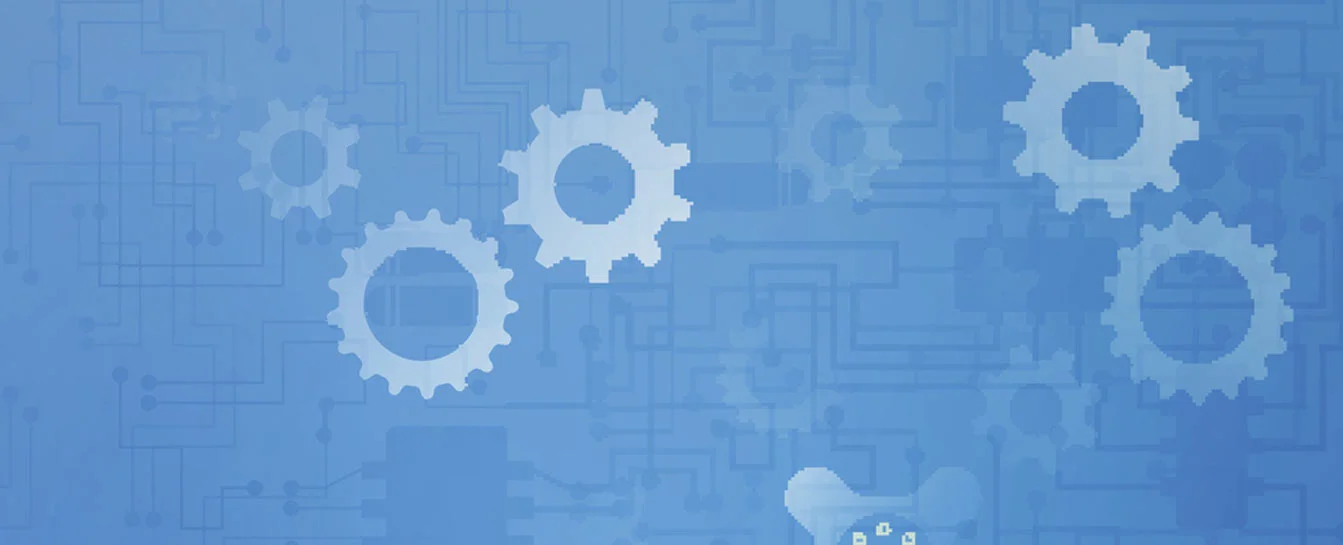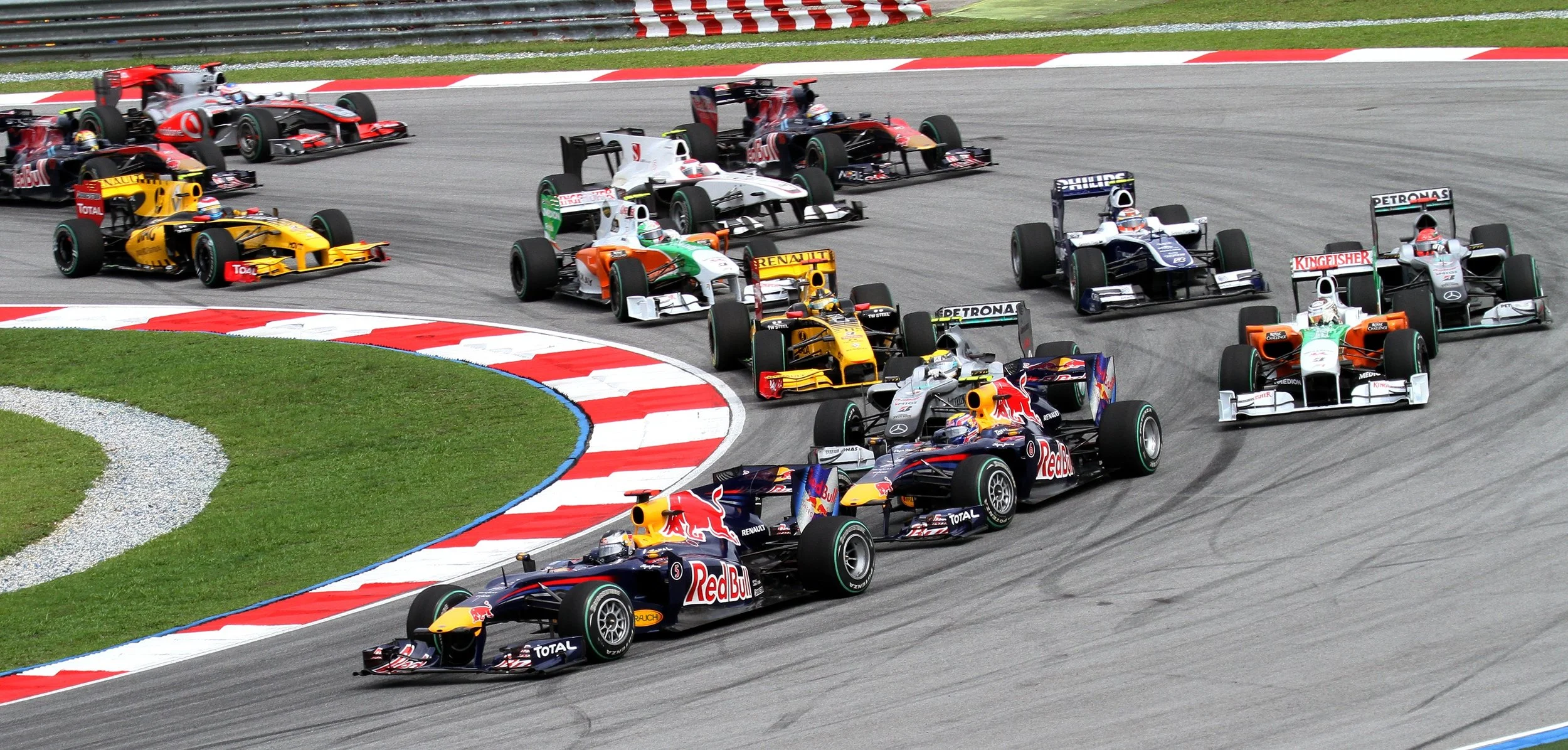Artificial Intelligence (AI) - it's the technological focus of today and the science fiction focus of the past several decades, and has become key to the way many businesses now operate. With the rise of machine learning and a greater understanding of how it relates to AI, deep learning, too, has become more and more prevalent. In this post, we'll explore the differences between deep learning and machine learning — and the applications of each to retail fuel pricing.
A CLOSER LOOK AT ART VS. SCIENCE IN RETAIL FUEL PRICING AND LOCATION PLANNING
PART 3: HOW MUCH SHOULD YOU RELY ON ARTIFICIAL INTELLIGENCE IN FUEL PRICING?
by Anila Siraj, EVP of Research and Applied Data Sciences
As we mentioned in part two of this series, blindly relying on computational processes and models for pricing, without consideration for your market needs and dynamics, can be dangerous. While your market progresses through the phases of maturity, you must maintain your commitment to keep pace with those phases via your pricing strategy — without sacrificing success due to impatience.
PART 2: HOW ARTIFICIAL INTELLIGENCE AND MACHINE LEARNING FIT INTO YOUR FUEL PRICING STRATEGY
By Anila Siraj, EVP of Research and Applied Data Sciences
As machine learning becomes more accessible for fuel retail teams, pricing strategies and processes will inevitably evolve. But caution is still necessary; you should not blindly entrust your entire strategy to a computer simply because you have access to better data and the means to automate pricing decisions via this intelligence.
PART 1: HOW ARTIFICIAL INTELLIGENCE AND MACHINE LEARNING HAVE ADVANCED WITH DATA PROLIFERATION
By Anila Siraj, EVP of Research and Applied Data Sciences
The concept of artificial intelligence has gained increasing importance in our daily conversations over the last two decades or so, but it actually existed long before. Forbes begins the timeline of AI at 1308, when "Catalan poet and theologian Ramon Llull publishe(d) Ars generalis ultima (The Ultimate General Art), further perfecting his method of using paper-based mechanical means to create new knowledge from combinations of concepts."










